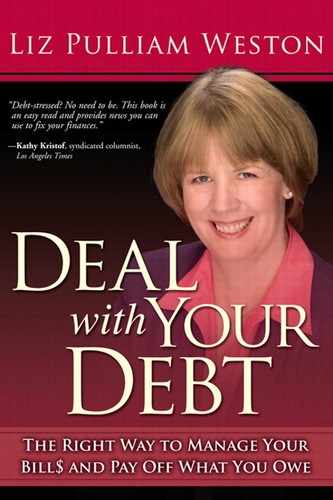Myth #2: A House Is a Great Investment
Financial planners will tell you that you shouldn't think of a house the same way you think of other investments, like stocks, bonds, or mutual funds. Here's why:
Big emotions. A house is where you live, love your partner, raise your children. You'd be a strange bird indeed if you felt the same attachment to a stock as you did to the place you call home.
Big transaction costs. You can buy and sell securities with relative ease and at little expense. By contrast, you may need months to sell a home. The seller typically pays a 6% commission to the real estate agent who handles the sale, while moving costs and closing costs on a replacement home often add another 4% or so to the toll. That means 10% of the value of your home disappears each time you sell and move.
Big carrying costs. Your mutual fund will never require you to cough up $10,000 to buy it a new roof. The so-called “carrying costs” of homeownership are enormous. They include mortgage interest, insurance, taxes, maintenance, repairs, and improvements.
Many homeowners, however, forget to subtract these costs when they measure the financial gain they've experienced over the years.
If you bought a house for $35,000 in 1970 and sold it in 2000 for $200,000, for example, you may think you've earned a whopping gain. In reality, you've only outpaced inflation by about 1 percentage point a year, plus you may have paid out more than $100,000 along the way in repairs, maintenance, and improvements. (A study commissioned by the Wall Street Journal in 1998 found that the price of keeping a typical home up to current standards over a 30-year period is almost four times the home's purchase price.) Add to that sum the amount you shelled out over the years for mortgage interest, property taxes, and insurance.
Viewed one way, you actually lost financial ground.
Homeownership does help people build wealth, though, even when their home prices don't go through the roof.
Most mortgages require you to pay down your balance over time. That's a kind of “forced savings” that helps you build equity over the years, even if home prices rise only modestly (which they typically do, averaging 6% a year over the past 30 years, according to the National Association of Realtors).
Many also believe the act of becoming homeowners helps people become more responsible with their money and more interested in other ways they can build wealth. In other words, you might be more likely to invest in your 401(k) and buy other assets that increase in value over time, rather than blowing all your money on consumables like cars, clothes, and cuisine.
The proof is in the pudding. Table 4.1 shows the dramatic difference in wealth of homeowners versus renters in every income bracket.
| Annual Income | Owners | Renters |
|---|---|---|
| $80,000 and up | $451,200 | $87,400 |
| $50,000 to $79,999 | $194,610 | $25,000 |
| $30,000 to $49,999 | $126,500 | $10,600 |
| $16,000 to $29,999 | $112,600 | $4,240 |
| Under $16,000 | $73,000 | $500 |
| Source: VIP Forum, Federal Reserve Bank's Survey of Consumer Finances, 2001 | ||
So, yes, a house can be a great investment. But it isn't a slam dunk.
